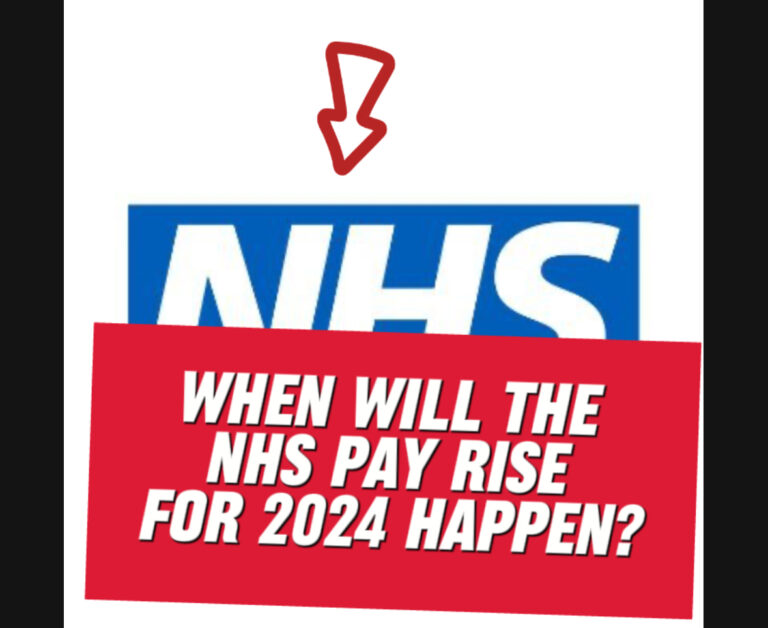Puberty blockers Ban: Everything To Know
Puberty Blockers Ban: Everything You Need to Know

The topic of puberty blockers has been a subject of significant debate and recent policy changes. Here’s a comprehensive overview of the current situation, including what puberty blockers are, why they are used, and the recent bans and restrictions.
What Are Puberty Blockers?
Puberty blockers are medications that temporarily pause the physical changes associated with puberty. They work by suppressing the release of hormones such as estrogen and testosterone, which are responsible for the development of secondary sexual characteristics.
Uses of Puberty Blockers
- Early Puberty: These medications have been used for over 40 years to treat children who experience early onset puberty, allowing them to develop at a more typical age1.
- Gender Dysphoria: More recently, puberty blockers have been used to help transgender adolescents by delaying the development of secondary sexual characteristics that do not align with their gender identity.

Recent Policy Changes and Bans
NHS England’s Decision
- Review Findings: NHS England has decided to stop routinely prescribing puberty blockers at gender identity clinics. This decision also follows a review that concluded there was insufficient evidence to confirm the safety and effectiveness of these treatments.
- Research-Only Availability: Puberty blockers will now only be available as part of research studies, also ensuring that their use is closely monitored and evaluated.
Government Restrictions
- New Restrictions: The UK government has introduced indefinite restrictions on prescribing puberty blockers within NHS primary care. These restrictions align with the findings of the Cass Review into gender identity services.
- Also Potential Permanent Ban: The Labour Party has indicated plans to make the ban on puberty blockers permanent, subject to the outcome of a legal hearing.
Medical Community’s Perspective
- Reversibility: Studies have shown that the effects of puberty blockers are generally reversible. Once the medication is stopped, puberty resumes, and reproductive functions can return to normal.
- Long-Term Effects: There is ongoing research to understand the long-term effects of puberty blockers on bone density and also neurocognitive development.

Parties Against and For the Puberty Blockers Ban
The recent decision to ban puberty blockers has sparked significant debate, with various parties and organizations taking clear stances either in support of or against the ban. Here’s a breakdown of the key players on both sides:
Parties Against the Ban
- LGBTQ+ Advocacy Groups:
- Organizations like Stonewall and Mermaids have strongly opposed the ban, arguing that puberty blockers are a crucial part of gender-affirming care for transgender youth.
- These groups emphasize the importance of allowing young people to explore their gender identity also without the irreversible changes of puberty.
- Medical Professionals and Associations:
- The World Professional Association for Transgender Health (WPATH). And the Endocrine Society have expressed concerns about the ban, also highlighting that puberty blockers are a well-established treatment for gender dysphoria.
- Many healthcare providers argue that the decision to use puberty blockers should be made on a case-by-case basis. Guided by medical professionals and also the needs of the patient.
- Human Rights Organizations:
- Groups like Amnesty International and Human Rights Watch have criticized the ban. Also stating that it infringes on the rights of transgender individuals to access necessary medical care.
Parties For the Ban
- Government and Regulatory Bodies:
- NHS England and the UK government have supported the ban, citing the need for more research to ensure the safety and effectiveness of puberty blockers.
- The decision aligns with the findings of the Cass Review, which called for a cautious approach to prescribing these treatments.
- Also Certain Political Parties:
- The Labour Party has indicated plans to make the ban permanent, emphasizing the importance of safeguarding young people. And also ensuring that medical treatments are based on robust evidence.
- Some Medical Experts:
- A segment of the medical community supports the ban. Arguing that there is insufficient long-term data on the effects of puberty blockers and that more research is needed to fully understand their impact.
Conclusion
The recent bans and restrictions on puberty blockers reflect a cautious approach to their use. Also emphasizing the need for further research and evidence. As the debate continues, it is also essential to prioritize the well-being. And informed consent of the individuals affected by these treatments.







